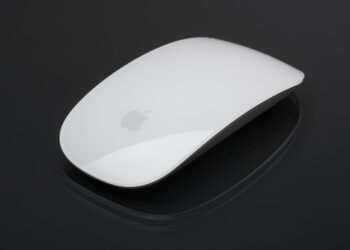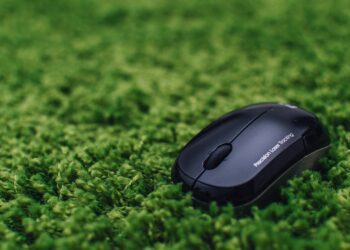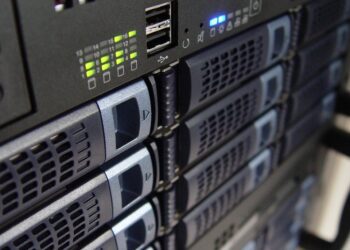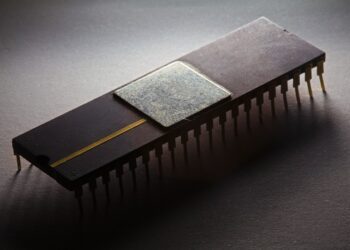The Internet of Things (IoT) has revolutionized the way we interact with technology in various aspects of our lives, including healthcare. With the advancement of connected devices, healthcare providers now have access to real-time data that can be used to monitor patients, track their progress, and deliver more personalized care.
One of the key benefits of IoT in healthcare is remote monitoring. Patients can now have their vital signs, glucose levels, and other health metrics monitored from the comfort of their own homes. This not only improves the patient experience by reducing the need for frequent hospital visits but also enables healthcare providers to intervene quickly if any issues arise.
Connected devices also play a crucial role in preventive care. For example, wearable fitness trackers can help individuals track their exercise and activity levels, and provide insights on how to improve their overall health. Similarly, smart scales can monitor weight fluctuations, alerting patients and healthcare providers of any sudden changes that may indicate an underlying health issue.
Furthermore, IoT devices have the potential to improve medication adherence. Smart pill dispensers can remind patients to take their medication at the correct times, and even alert caregivers or healthcare providers if doses are missed. This can help reduce the number of medication errors and improve patient outcomes.
In addition to remote monitoring and preventive care, IoT devices can also streamline clinical workflows and improve efficiency in healthcare settings. For example, connected medical devices can instantly transmit data to electronic health records, reducing the need for manual documentation and minimizing the risk of errors. This not only saves time for healthcare providers but also ensures that patient information is accurate and up-to-date.
Overall, IoT is transforming the future of healthcare by enabling more personalized, proactive, and efficient patient care. As the technology continues to evolve, we can expect to see even more innovative applications that improve health outcomes and enhance the patient experience. It is clear that connected devices have the potential to revolutionize the way we approach healthcare, and the possibilities are truly endless.








